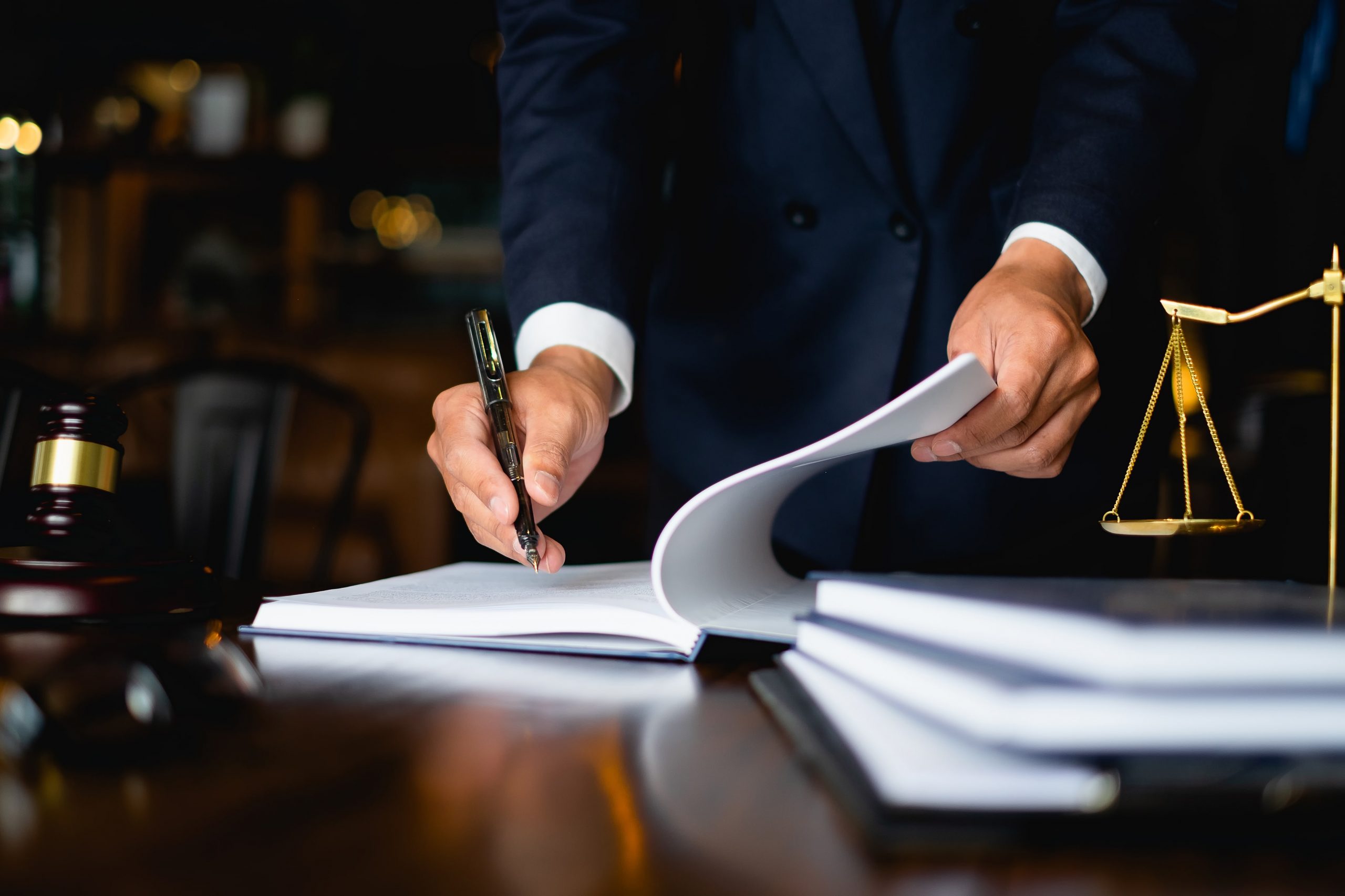Dealing With Property Suspected Proceeds Of Crime – s 193C Crimes Act 1900
As specialists in fraud cases in dealing with property suspected of being proceeds of crime charges, our highly experienced Sydney criminal lawyers regularly appear in court, prove their clients innocence and manage to successfully get these charges dropped early countless times for over 20 years. Faced with these charges is daunting with the prospects of getting a criminal conviction, effecting your career and travel plans. Speak to a specialist now on how to avoid a criminal record.
Call us now on (02) 8606 2218 to book a free first consultation with an experienced Fraud Defence Lawyer.
Your Options in Court
You can only be guilty to a charge of dealing with property suspected of being proceeds of crime if police prove each of the following elements to the offence:
- You received, possessed, tried to hide, or dispose any property; and
- In circumstances there are reasonable grounds to suspects it is proceeds of a crime
You will be found not guilty, and the charge dismissed if police are unable to prove each of the above two elements beyond reasonable doubt.
Defences to this charge
You are Not Guilty if:
- In the circumstances, you had no reasonable grounds to suspect the property is substantially derived from any person from the commission of a serious offence
- You didn’t receive, possess, conceal or dispose of the property
- Duress of Necessity
If any one of the above defences apply to your case, you will be found not guilty. Our specialist fraud lawyers will pick out any defences to your case, and then strengthen it further. Their specialty is in getting charges dropped early, and they have successfully achieved this many times for over 20 years.
If pleading guilty to a charge of dealing with property suspected of being proceeds of crime, to maximise your chances at getting the best possible outcome on punishment and avoid a criminal record, see the following tips on how to prepare and present your case to achieve this.
25% discount on punishment
An early plea of guilty to a charge of dealing with property suspected proceeds of crime in your case will result in a discount on your punishment of up to 25%. This will cause you to receive a lighter, better outcome in court on punishment. This includes better chances at a s10 non conviction. The later a plea of guilty is entered, the less discount you will receive.
For this reason, it’s extremely important to ensure you receive early accurate advice from an experienced specialist in fraud charges To maximise your chances at avoiding a criminal record. An early plea can also reduce your punishment as it reflects your remorse to the Judge.
Good character references
If a good character reference letter expressing your good character, remorse, shame and your insight into your offending behaviour is obtained, the Judge reading it can give you further leniency with a lighter outcome.
To get the maximum outcome from this, ensure your reference letters come from respectable people, your employer, colleague, family and friend. Even a letter of apology from you can help. Our lawyers will guide you at each stage, from reviewing each one, to presenting it to the Judge to read.
Negotiate to drop charges
You can get a specialist fraud lawyer to read the police evidence carefully, point out all the holes in it before approaching police to negotiate the charge to be dropped. To maximise your chances at achieving this, ensure you get an experienced lawyer to do this, as each case will require a different approach.
Our senior specialist fraud lawyers have successfully convinced police to drop dealing with property suspected of being proceeds of crime charges countless times for over 20 years. Our lawyers actually specialise in getting charges dropped early.
Negotiate facts
By pointing out the problems and inconsistencies in the police evidence, you can also negotiate the police set of facts that the judge will punish you on after pleading guilty. This document is usually one sided and can be inaccurate resulting in a heavier punishment after its read by the Judge. It usually expresses your offending conduct, the amount involved, and how you did it.
Our team of lawyers have a proven record of successfully changing these set of police facts to make it more accurate and favourable to their clients. This can results in a much more lenient and lighter punishment to avoid a criminal record under s10.
Psychologist reports
A well written psychologist or psychiatrist court report for the Judge to read can significantly improve your court outcome with a much lighter sentence, particularly to avoid a criminal record under s10.
Our lawyers ensure that the best psychologist Is picked for your case, expressing main issues of your mental state at the time, remorse and insight of your behaviour. These points, if it comes from highly respected leading psychologists or psychiatrists, can have a powerful effect on your case.
Maximum penalty
The maximum punishment that the Local Court can impose is a term of imprisonment of up 2 years and/or fine of $5,500.
It’s important to understand that the maximum punishment is not normally given. It’s given only to the most serious of cases. There are other available options of punishment noted below.
Types of penalties
The Judge can give you any one of the following types of punishments available. The one chosen, depends on the above points in preparing and presenting your case.
- Section 10 Dismissal
- Conditional Release Order
- Fine
- Community Correction Order
- Intensive Correction Order
- Full Time Imprisonment
For realistic and highly specialised advice and representation in court for fraud charges, speak to one of our senior specialist lawyers in Sydney now. A specialist fraud lawyer can guarantee to maximise your chances at getting the best possible outcome by proving your innocence or avoiding a criminal conviction with a s10.
Call us now on (02) 8606 2218 to book a free first consultation with an experienced Fraud Defence Lawyer.






